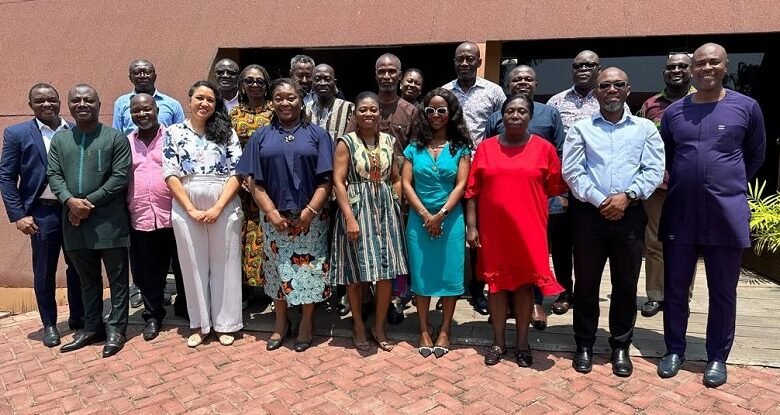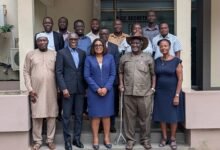ILO, partners draft labour migration roadmap

Stakeholders in Ghana’s migration space have developed a draft roadmap to improve labour migration, and fair recruitment practices in the country and beyond.
The document provides action plans to enhance the legal and institutional frameworks that govern employment of migrants in line with international standards.
It also has specific plans, responsible parties, and timelines for implementation of various action plans suggested to help improve efforts being made by the government and development partners.
Developed at a workshop organised by the International Labour Organisation (ILO) and its partners last Wednesday, the draft would be validated later before it is rolled out.
The two-day event held at Ada in the Greater Accra Region, also created the platform for participants to validate the findings of an assessment of Ghana’s recruitment and labour migration management processes.
The event, dubbed ‘Strengthening Labour Migration Governance through Fair Recruitment in Ghana,’ was attended by stakeholders in the migration space including representatives from the Ministry of Employment and Labour Relations (MELR) and Ministry of Foreign Affairs and Regional Integration.
Also represented were the Ministry for the Interior, Trade Union Congress, Ghana Statistical Service, Ghana Employers Association (GEA), academia, security services, Attorney General’s Department, Ghana Association of Private Employment Agencies and the ILO Media network on forced labour and fair recruitment.
The workshop was part of the Integrated Programme on Fair Recruitment (FAIR III), a global initiative by the ILO to promote fair recruitment practices for migrant workers with support from the Swiss Development Cooperation.
Speaking at the opening, a Project Manager at ILO Ghana, Dr Akua Ofori Asumadu, said the ILO had supported various initiatives in Ghana, including developing bilateral agreements and migration policies.
She said while the country had made some strides in labour migration, a comprehensive roadmap was needed to address recruitment challenges and ensure worker well-being.
She said stakeholders should collaborate to build a fairer and more equitable legal migration system.
The Director for Policy, Planning, Monitoring, and Evaluation at the MELR, Mrs Gloria Noi, said the initiative was a crucial step towards free and decent migration.
She said recruitment practices should align with international standards while stakeholders needed to cooperate to address exploitation in the migration process.
The Head of the Education and Training Unit of the TUC, Dr Kennedy Achakoma, declared the union’s support for the multi-stakeholder initiative to improve practices.
The Head of Industrial Relations of the GEA, Kingsley Amoah, said issues about the duration of immigrant workers’ stay, skill transfer to locals, and compliance with Ghanaian regulations needed to be addressed.
FROM JONATHAN DONKOR, ADA






